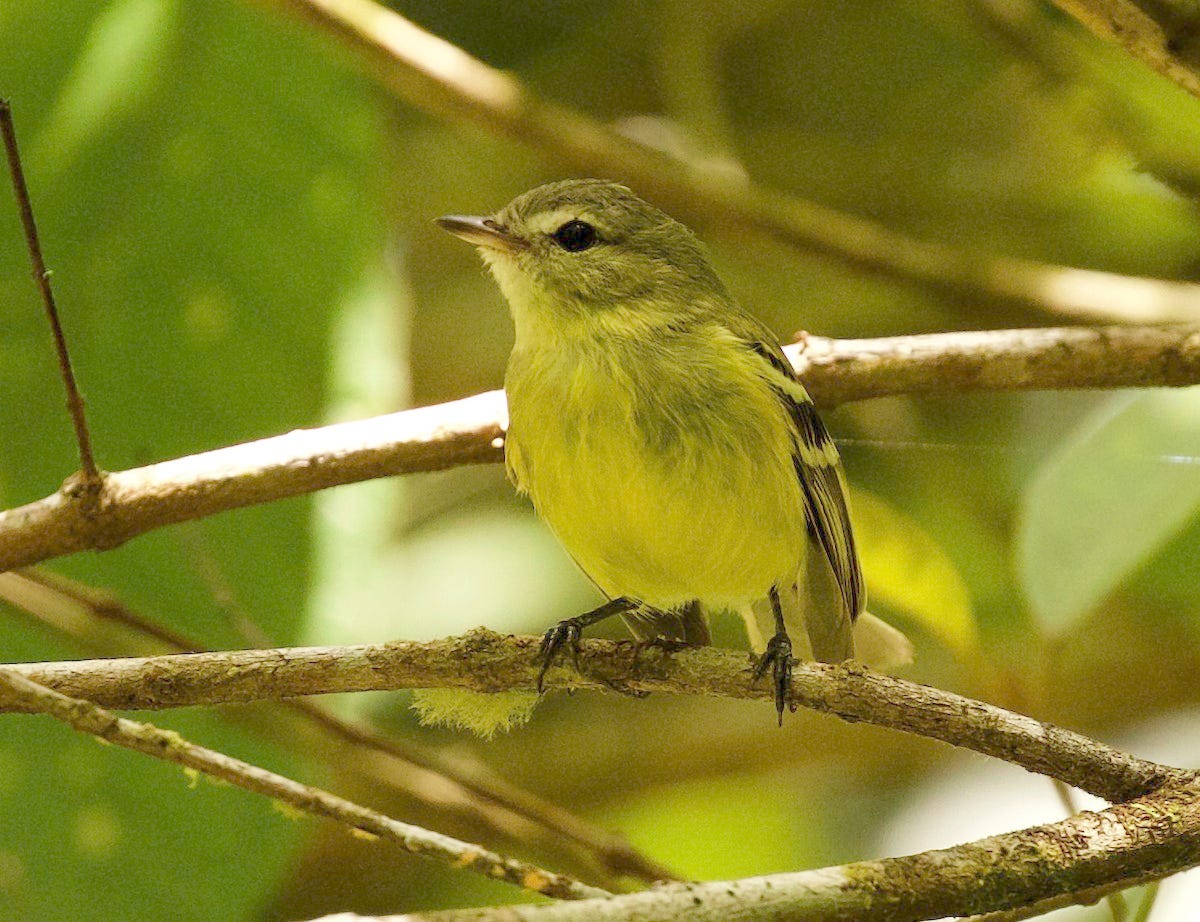Brief synopses of the week’s environmental news. For more details, click the links.
Duke Energy writes a law to help Duke Energy
Working with North Carolina legislators, Duke Energy wrote a bill for itself. At a time of increasing global warming, if passed into law, the bill would mandate constructing new natural gas plants. Written into the bill are provisions for Duke to increase its rates for three consecutive years and burden ratepayers to pay for a $50 million subsidy for the utility to get a new nuclear reactor permit. The bill would also allow the company to operate in a more opaque manner than before and leave ratepayers on the hook for Duke’s bad investments. (National Resources Defense Council)
Amtrak restoring long-distance service
Long-distance Amtrak routes that had been reduced to three times per week have been returned to daily service.
The national carrier, established in 1971, has also gussied up their trains, with new carpet, curtains, and seats. With the pandemic waning, Amtrak is resuming meals in its dining cars and has updated its menu.
New locomotives have been brought on the tracks, too. They are drastically less polluting, emitting 97 percent less particulate matter and 95 percent less nitrogen oxides than the engines they are replacing. (Streetsblog USA)
Seldom-seen bird found once again in Venezuela
Seen only three times before, in 1899, the 1940s, and in 2005, the Urich's Tyrannulet was spotted by an ornithological team in Venezuela last month. The team was also able for the first time to photograph the flycatcher and record its call. With agriculture impinging on its natural range—the cloud forest—scientists fear for the species’ survival. (American Bird Conservancy)

Deforestation crisis in Columbia
For most folks, the words “deforestation” and “Brazil” have almost become synonymous. Yet much of the world’s deforestation crisis is occurring in neighboring Columbia. Between December 2020 and March 2021, Global Forest Watch, a free online resource that gives daily deforestation alerts, reported over 41,000 forest fires in Columbia. (ProAves)
From Russia with love, love of trees that is
Russia has over 600 million acres of intact forests. That is an area larger than the entire country of Mexico. These forests range from subtropical to boreal and contain an immense amount of biodiversity.
There is ever-growing pressure to log as much of these forests as possible, but since March, when stricter logging controls were implemented, there is reason to be hopeful for much of the natural landscapes of Russia. Up to 80 percent of intact forests must be set aside, and many intact forests have been removed from logging considerations altogether. Additionally, indigenous stakeholders must be included in forestry decision-making. (Forest Stewardship Council)
Congress to Biden: declare extinction crisis
On June 25th, representatives Marie Newman and Chuy Garcia, both Democrats from Illinois, introduced the Extinction Crisis Emergency Act, which would direct President Biden to recognize the present extreme rise in the number of extinctions and declare a national emergency.
Seven other Congress members joined Newman and Garcia in sponsoring the bill, which, if it became law, would require establishing new national wildlife refuges and marine protected areas, as well as requiring sanctions on countries that do not adequately restrict illegal wildlife trade or deforestation.
The law would expand the number of plants and animals protected under the Endangered Species Act by expediting reviews by the U.S. Fish and Wildlife Service and the National Marine Fisheries Service of all species identified as imperiled by scientists. Climate change would also be integrated into endangered species conservation and recovery plans. (Center For Biological Diversity)
Large federal spraying of insecticides planned for Montana
In seeking to suppress populations of native grasshoppers, the U.S. Department of Agriculture is soliciting contract bids for the aerial spraying of insecticides across 2.6 million acres of grasslands in eastern Montana, an area that’s about half the size of New Jersey.
Although targeted to grasshoppers, native bees and butterflies could be affected, particularly juveniles and larvae, which could die due to exposure to the chemical.
The Charles M. Russell National Wildlife Refuge, home to least terns, elk, and an array of other wildlife, lies adjacent to the proposed area. Organic farms, on whose crops the pesticide might drift could lose their organic certification. A similar large pesticide spray of grasshoppers was planned last month in Oregon. (Xerxes Society)
Good news for albatross
The short-tailed albatross, which had not been seen in California in over 40 years was sighted off the coast of southern California two weeks ago. (Orange County Register). For the first time in memory, this albatross has successfully nested on U.S. soil, producing a chick on Midway Island. The bird that was once thought extinct has also been seen in several locations in the Hawaiian Islands. (The Chattanoogan)
Representatives Alan Lowenthal (D-CA) and Brian Fitzpatrick (R-PA) introduced the Albatross and Petrel Conservation Act, which would commit the U.S. to implement the Agreement on the Conservation of Albatrosses and Petrels (ACAP), an international conservation agreement that protects 31 species of albatross and other seabirds.
Albatross live most of their lives at sea. Unfortunately, they are often caught on fishing lines that are over 20 miles long containing thousands of hooks. This type of fishing is used to catch swordfish, tuna, and other large ocean fish. It is hoped that the proposed legislation will also help protect albatross and seabird habitat, pollution, overfishing, and climate change.
In force since 2004, ACAP currently has 13 signatories. Under the agreement, populations of albatross and other seabirds are tracked and studied. ACAP also works with fisheries management organizations to encourage the adoption of fishing practices that are less harmful to seabirds. (Audubon Society)
For more environmental news that doesn’t make the headlines, follow me on Twitter @EcoScripsit




